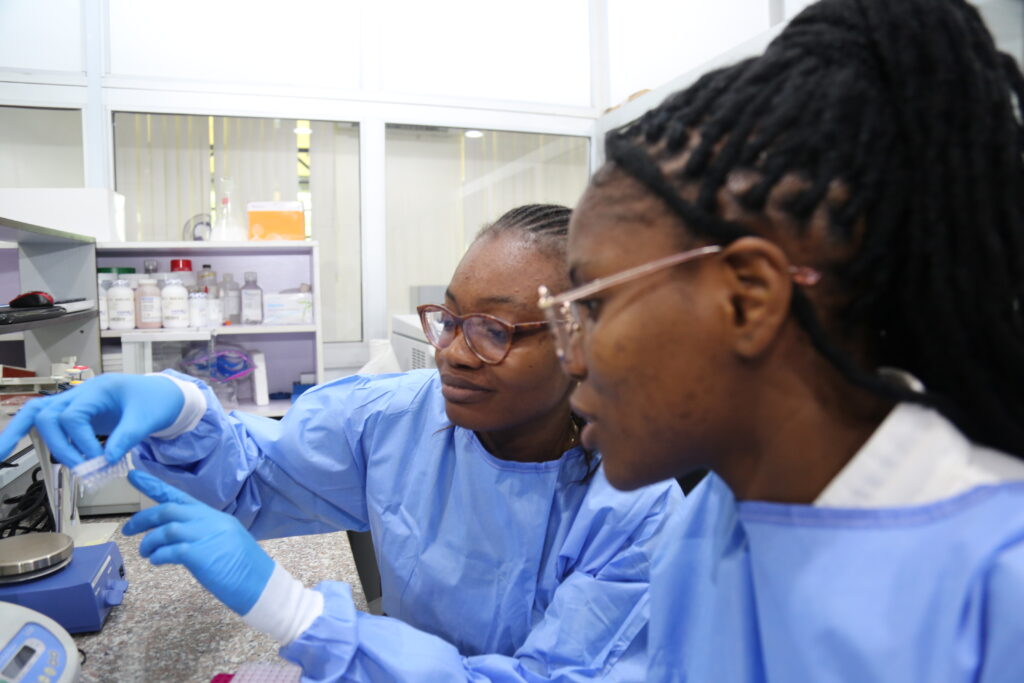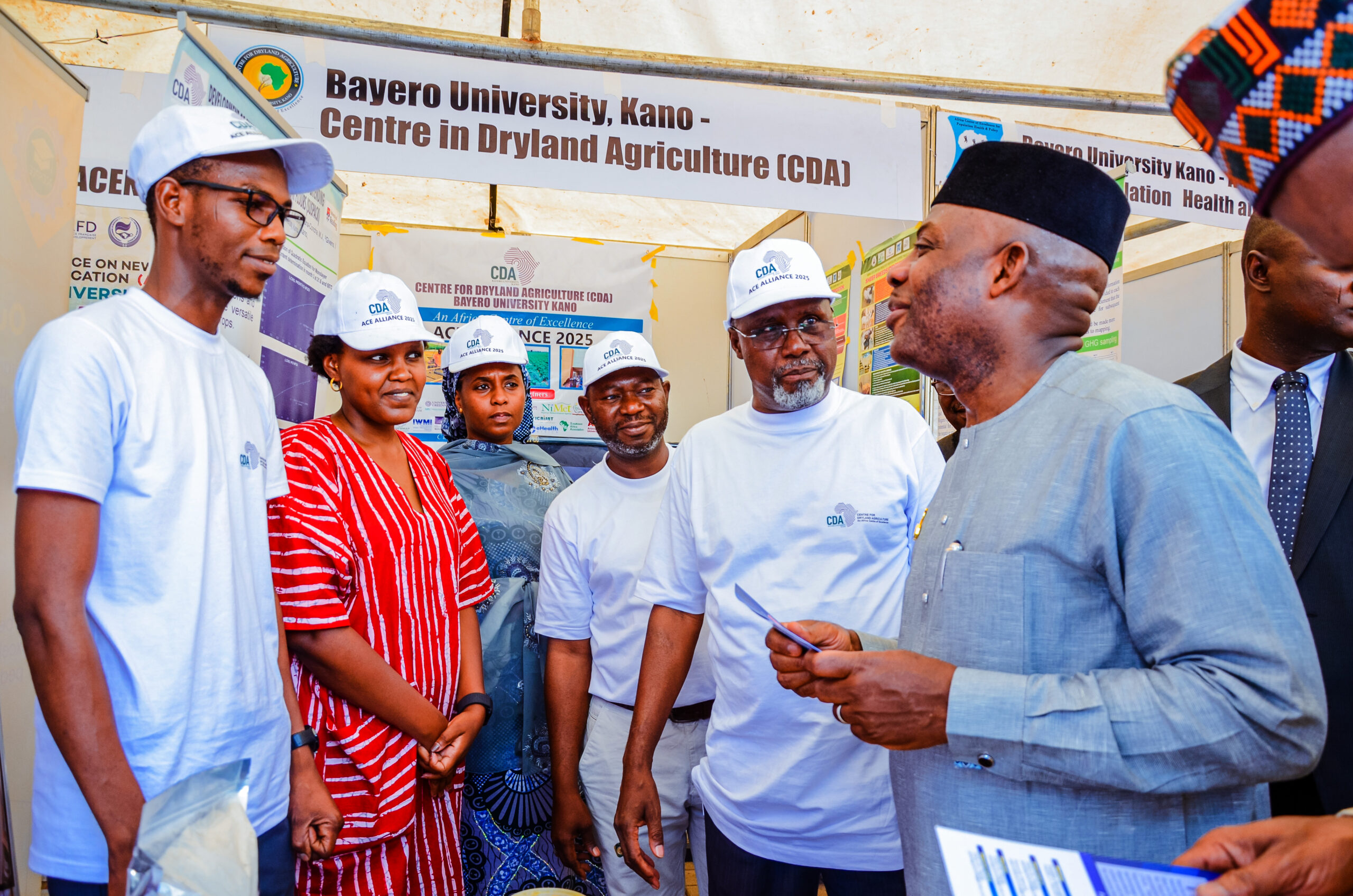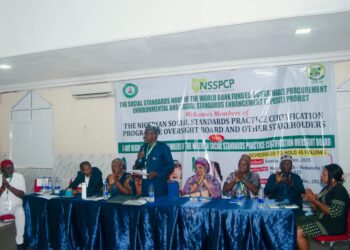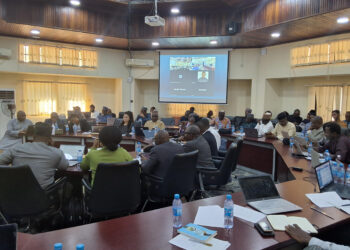By Fikayo Oyewale
Nine years ago, precisely on 23 July 2014, the Africa Centre of Excellence for Genomics of Infectious Diseases (ACEGID), confirmed Nigeria’s first Ebola case, averting the potentially disastrous spread of the disease in Nigeria, and helping to contain its spread across Africa and the rest of the world. It took the ACEGID team, led by Centre Leader, Professor Christian Happi, an unprecedented six hours to confirm the Ebola virus.
On 20 July 2014, an acutely ill traveler, named Mr Patrick Sawyer, arrived at the Murtala Mohammed International Airport, Lagos, from Monrovia, causing widespread panic among millions of Nigerians that he was infected with the dreaded Ebola Virus Disease (EVD). As a suspected case, all the tests conducted on this patient proved negative and there was confusion in the medical facility for fear of what his illness was. Samples from the patient were then sent to ACEGID (one of 10 Centres of Excellence under the first phase of the World Bank-supported Africa Centres of Excellence Project) late on 22 July, where it was confirmed that Mr Sawyer was indeed infected with the Ebola virus.

The index case of EVD occurred a few days before the commencement of the Redeemed Christian Church of God’s annual congress, scheduled to hold at the Redemption Camp, where ACEGID was located at the time. The week-long event had over three million people in attendance from all over the world, and a single Ebola case in that congregation could have meant an explosion of cases across Nigeria, Africa, and the world.
For a centre that was still in its infancy, the Ebola confirmation was a major test for ACEGID, considering that the Centre did not have the ideal safety conditions to handle a virus like Ebola at the time. “It was a very risky endeavour. It was almost like a suicide mission, having to use a malaria culture hood for Ebola. But we had to do it,” said Professor Happi.
Just a few months earlier, Redeemer’s University had won a grant from the World Bank to establish the Africa Centre of Excellence for Genomics of Infectious Diseases (ACEGID). The ACE Project was launched to raise a critical mass of skilled personnel and to provide adequate resources to facilitate innovative research and proffer solutions to Africa’s challenges in science, technology, engineering, and mathematics (STEM), health and agriculture.
According to Professor Happi, the funding from the National Institutes of Health through the Human, Heredity and Health in Africa (H3Africa) programme and the World Bank had enabled ACEGID to put in place the infrastructure and resources which were later used to confirm the index case.
Following the confirmation of the disease, ACEGID worked with the Federal Ministry of Health and the Nigeria Centre for Disease Control (NCDC) to set up a major manhunt to track everyone who came in physical contact with Mr Sawyer on the plane and in the country. These individuals were brought together in an isolation centre, monitored, and treated. Twenty of these were infected, eight of whom later died. Hence, Nigeria was able to contain Ebola within 93 days.
Using the Ebola experience as a springboard, ACEGID continues to fight infectious diseases in Africa and support public health by providing evidence that guides policy formulation and review. Over the last nine years, ACEGID’s research has covered diseases such as Lassa fever, Yellow fever, mpox and Covid-19, among others. The Centre has successfully trained over 1,300 scientists in the genomics of infectious diseases.
ACEGID attributes its many successes to its numerous funders and partners, whose contributions, according to Professor Happi, have helped the Centre to deepen its impact and extend its mission of raising a generation of young African pathogen hunters who are conducting high-level research on infectious diseases.






























